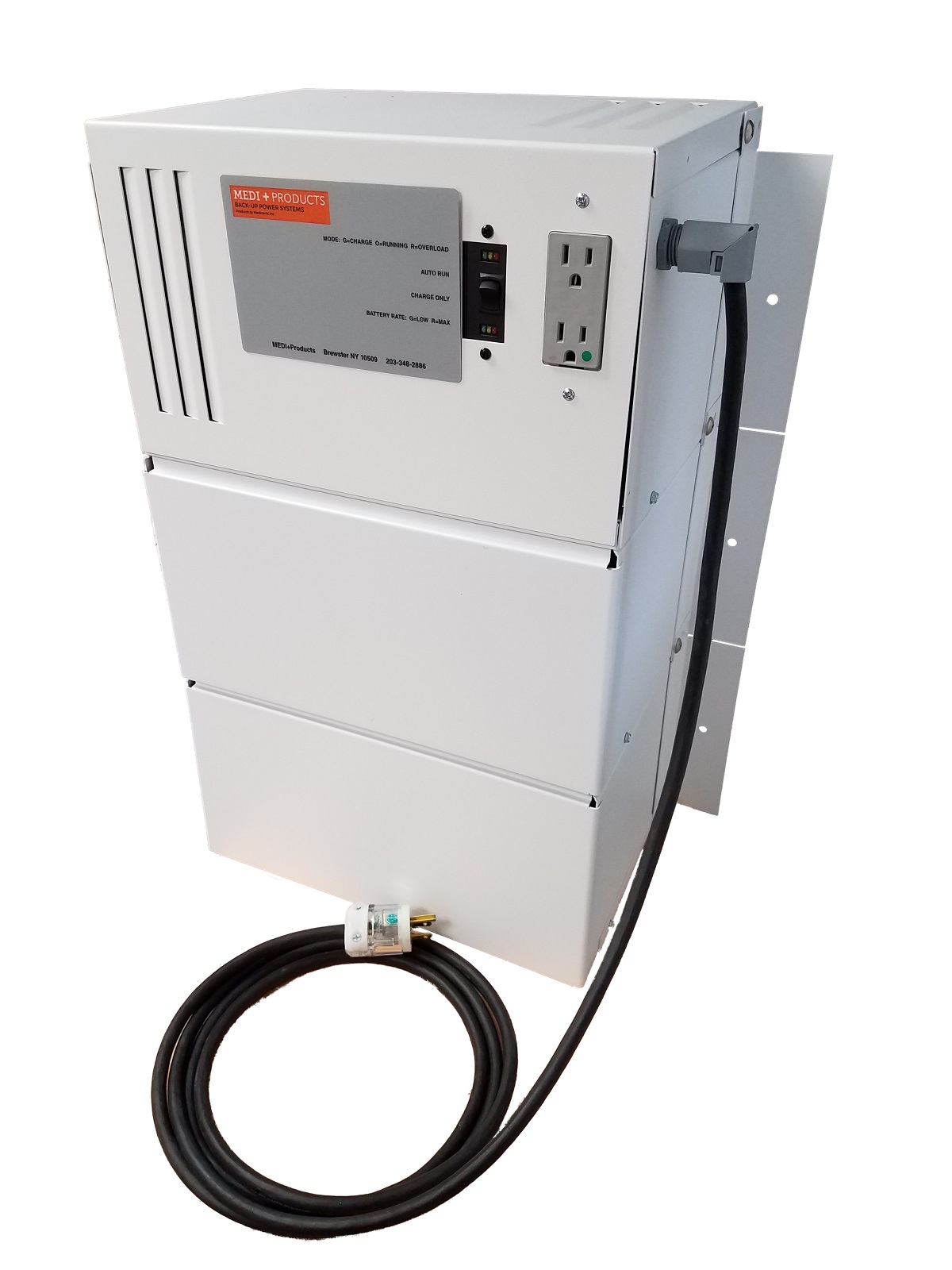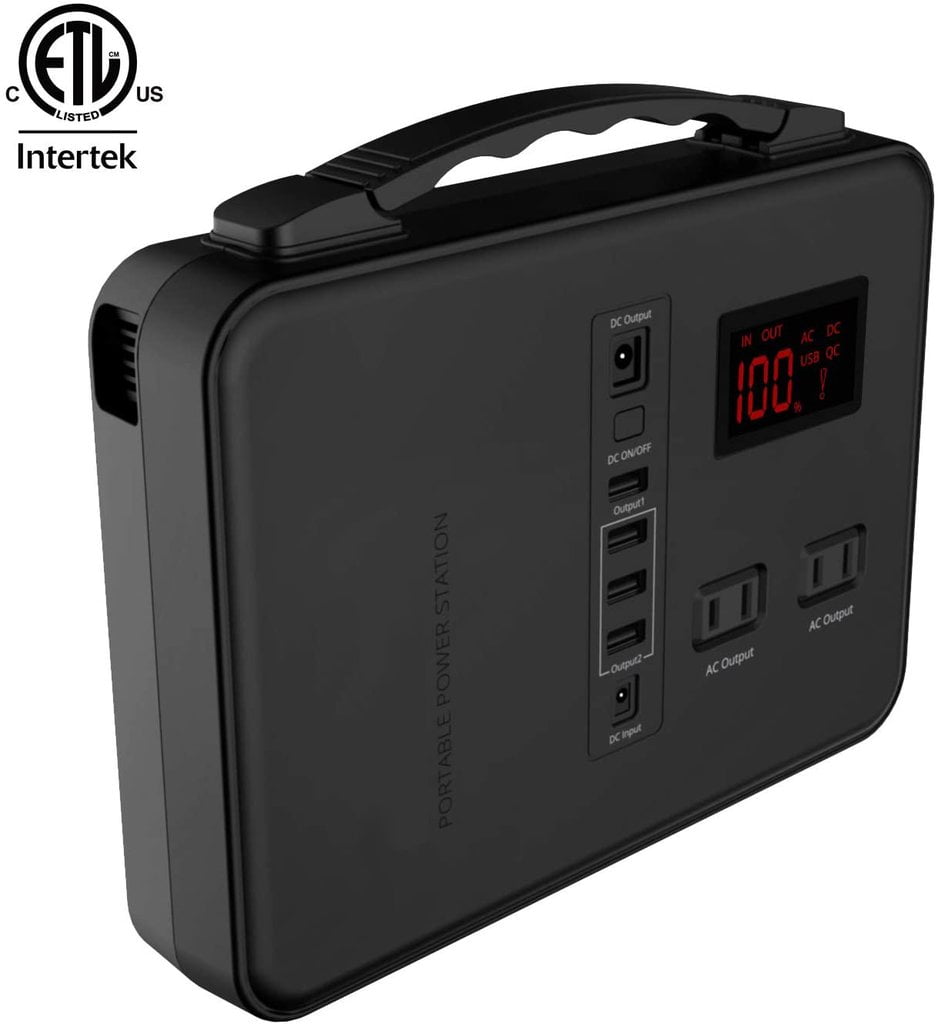

Nickel-cadmium Batteries have a high energy density and can store twice as much energy as lead-acid batteries. Thus they're best suited for compact systems. They're less expensive than lithium-ion, but they could be more efficient. Lead-acid Batteries have been used for hundreds of years and are the most common battery in automobiles. They are lightweight and energy-efficient, making them ideal for use at home. Lithium-ion batteries, such as Jackery Explorer Power Stations, have the most excellent quality compared to other batteries. The majority of today's popular backup battery products are lithium-ion.


Lithium-ion Batteries are the most prevalent batteries for home systems. Lithium-ion, lead-acid, and flow batteries are used in battery backup systems. When planning off-grid electricity for a tiny house, you may have a different solution than you would for a larger home with more equipment. The square of your home and the number of appliances you want to keep working during a blackout will play a role in determining the optimal approach. It helps hold essentials like your phone, computer, refrigerator, and lights operational. Most battery systems can only power part of your home, so even if the power goes out, they may be unable to maintain your whole house running for a long time. The term " backup battery for home " refers to a battery storage system that can provide electricity to your entire home in case of emergency or power outage the length of time it can do so may vary depending on things like your energy usage, the size of your system, and whether or not you're using solar panels to charge it.
BATTERY BACKUP FOR HOME APPLIANCES HOW TO
Here's how to secure a backup battery for your home during a blackout or power outage. Investing in one of the top home battery and backup systems is an excellent method to deliver clean, eco-friendly electricity to your home all year.


 0 kommentar(er)
0 kommentar(er)
